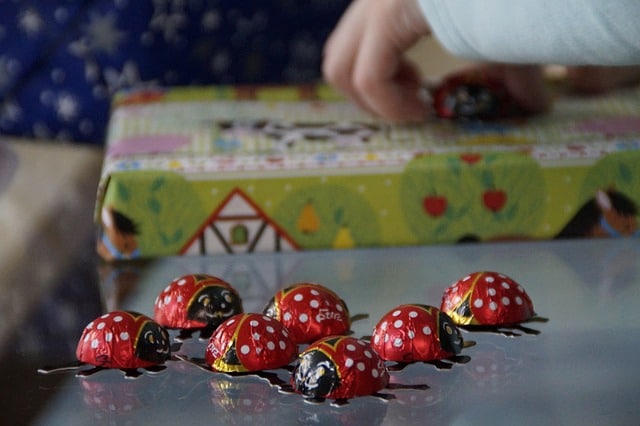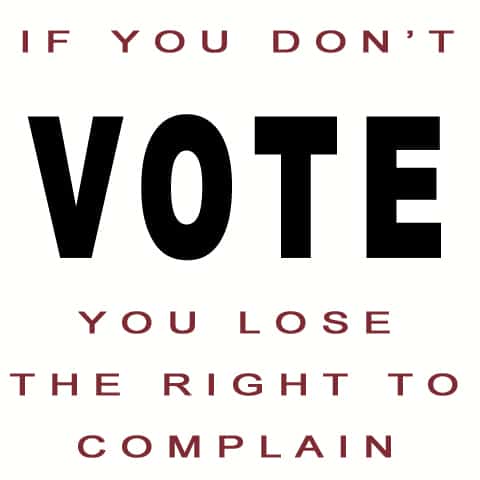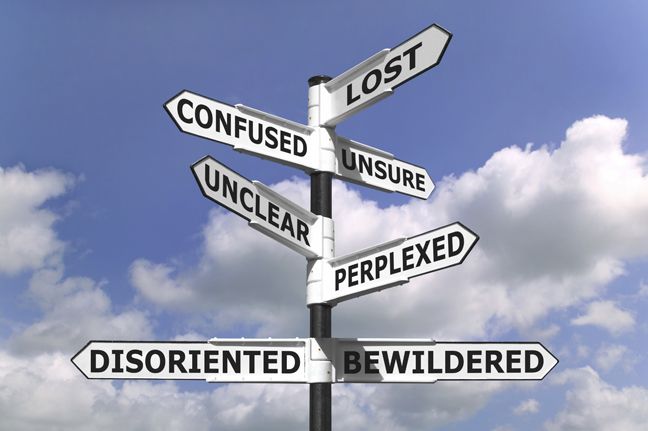Widening the Circle of Compassion
by Gregg Krech
Nearly all of us live with an unrecognized circle drawn around us — a circle of compassion.
The beings inside our circle receive our compassion because we see little distinction between them and us. For instance, when my daughter stubbed her toe on the leg of a table the other day, I immediately felt my muscles tighten. I grimaced. I didn’t try to empathize with her – it was just my natural reaction. When my daughter is sick or hurt, my natural reaction is to help her. She is inside my circle.
Some people have a very small circle. They’re alone — everyone else is outside. It’s lonely in there, by yourself. For others, their circle of compassion includes immediate family members or extended family. Circles can be defined by the members of a church congregation or a military unit. Even the mafia has its own circle. So does a professional football team. The family dog that you’ve had since he was a puppy may be inside your circle, while your neighbor’s dog probably isn’t.
If we are actively involved in spiritual practice, we may think of ourselves as relatively compassionate beings. But how wide is our circle, and to whom are we offering genuine compassion? What would we see if we reviewed our “compassion statement” the way we review our bank statement?
To widen our circles of compassion, there are two things we can do. First, we can work to expand our circle. This involves developing a greater sense of kinship with more and more beings by deepening our perspective through meditation, Naikan reflection, and meditative practices like tonglen. This is an inside/out approach to circular growth.
The other option is to practice dissolving the circle altogether. This outside/in approach involves engaging more with the world and getting to know others more deeply, so we can better understand the nature of their suffering, support them, and act compassionately towards them. Sometimes, when we act compassionately towards someone outside our circle, one day, we find them inside our circle. It’s amazing, how this works.
When we narrow our circle of compassion, it gives us a sense that true, heartfelt compassion is available only for a select few. Einstein referred to this sense of separateness as a delusion or a prison. He called for us to break free of these self-defined constraints, to move beyond “us and them”, and find kinship with all living beings.
Reprinted from A Year of Living with More Compassion by Richard Fields, Ph.D., Editor
Gregg Krech is the Director of the ToDo Institute and author of five books about Japanese Psychology, including Naikan and Question Your Life. Gregg will be conducting a 30-day online program called Gratitude, Grace & a Month of Self-Reflection, beginning on Nov. 14, 2022.













